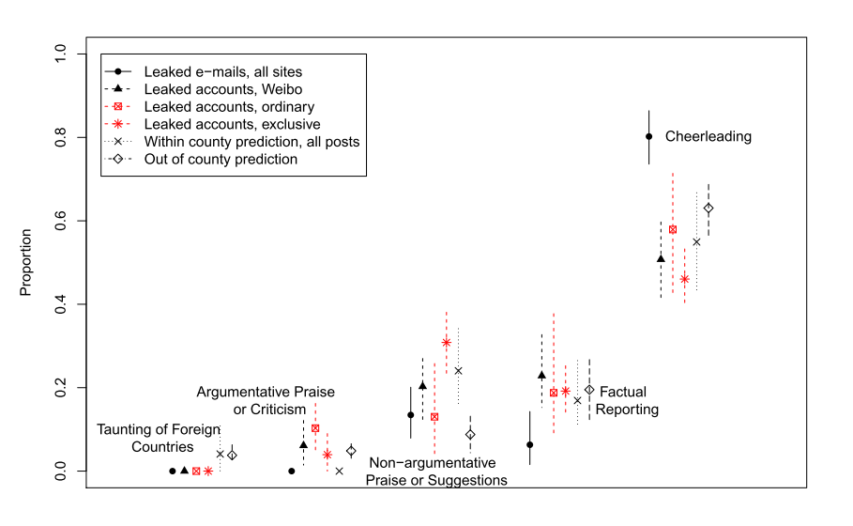 Adrian Peterson will officially become an unrestricted free agent on March 9th, after the Minnesota Vikings chose not to exercise a contact option for the 2017 season. Even if Peterson had played in every game for the last couple of seasons, his salary was way out of synch with the rest of the league, as this Pro Football Talk summary suggests (published before the Peterson announcement):
Adrian Peterson will officially become an unrestricted free agent on March 9th, after the Minnesota Vikings chose not to exercise a contact option for the 2017 season. Even if Peterson had played in every game for the last couple of seasons, his salary was way out of synch with the rest of the league, as this Pro Football Talk summary suggests (published before the Peterson announcement):
Under the 2011 CBA, the non-exclusive franchise tenders are determined based not on what any one player made in 2016 or will make in 2017, but on the five-year average of the percentage that the tenders for each position consume under the total cap. For running backs, the 2017 franchise tender will equate to 7.257 percent of the overall cap. At a salary cap of $165 million, that’s a tender of $11.9 million.
NFL Network has suggested that a decision by the Vikings to cut Adrian Peterson will cause that number to drop to $8 million. It won’t. Peterson’s $18 million cap number for 2017 is relevant only to the exclusive tag, which is based on the average of the five highest cap numbers at the position the coming year.
Via Spotrac.com, the five highest running back cap numbers for 2017 belong to Peterson, Bills running back LeSean McCoy ($8.875 million), Panthers running back Jonathan Stewart ($8.25 million), Texans running back Lamar Miller ($6.5 million), and Titans running back DeMarco Murray ($6.25 million). Even with Peterson’s $18 million, the next four drag the average down to $9.5 million If Peterson is cut, Chiefs running back Jamaal Charles replaced Peterson at No. 5, with a cap number of $6.187 million. That reduces the average to $7.2 million.
The best indication that Peterson was going to be overpaid this season is that removing his contract from the franchise tender calculation drops the league number from $11.9 million to only $7.2 million. There’s no doubt that Peterson has been a great running back for the Vikings, but his contributions had been in a steady decline since he won the league rushing title in 2015.




